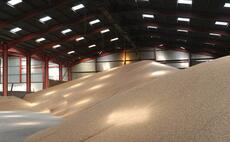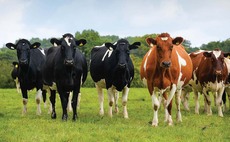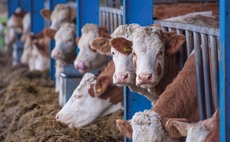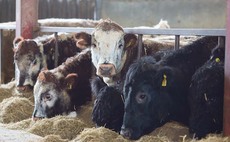Prices & Trends
Livestock
April slaughter statistics show that Scottish abattoirs, on average, processed 15 percent fewer cattle per week than during March.
Farm Business
The Agriculture Bill returning to Parliament this week is an important step in the UK’s departure from the EU, setting out the route to a new, more tailored system of agricultural support, as well as providing the basis for UK farmers to embrace the latest technology.
Arable
The weather market is still in play and more dry weather is forecast for the EU in the coming weeks.
Livestock
Dairy farmers have teamed up to showcase support for Co-op, after it increased its premium milk price despite severe market disruption due to Covid-19.
Farm Business
Feed market volatility has seen prices hike in recent weeks, with some farmers reporting increases of £25/tonne at the start of April.
Livestock
Retailers’ decisions to stock foreign beef at a time when British prime cuts are in desperate need of a market have angered the farming industry. But what is the effect on farmgate prices?
Livestock
A major £1.2 million national consumer campaign ‘Make It’ with beef is being launched by AHDB, Quality Meat Scotland (QMS) and Hybu Cig Cymru (HCC), in a bid to address red meat turbulence within the supply chain.
Farm Business
After four weeks in his new role as chairman of the Agriculture and Horticulture Development Board (AHDB), Nicholas Saphir spoke to Hannah Binns about his vision for the levy board, which will see a strong focus on export market development and more effective communication.
Arable
US maize values remain low and very close to triggering the EU minimum maize import levy.
Farm Life
It is not always advisable to look to the United States for answers. Once a bastion of liberal democracy, it has become increasingly divided and politically erratic under the tenure of current president Donald Trump.

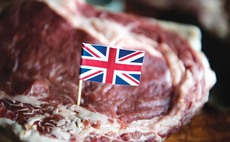
 19 May 2020
•
2 min read
19 May 2020
•
2 min read

